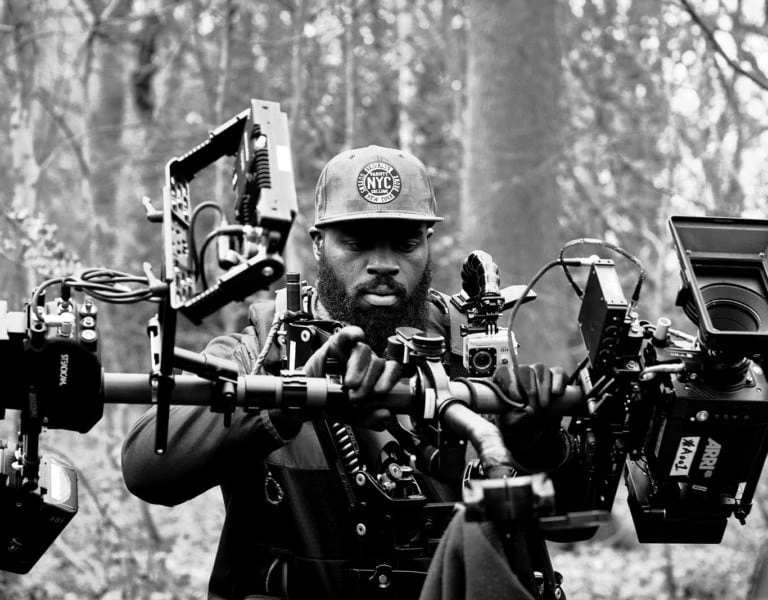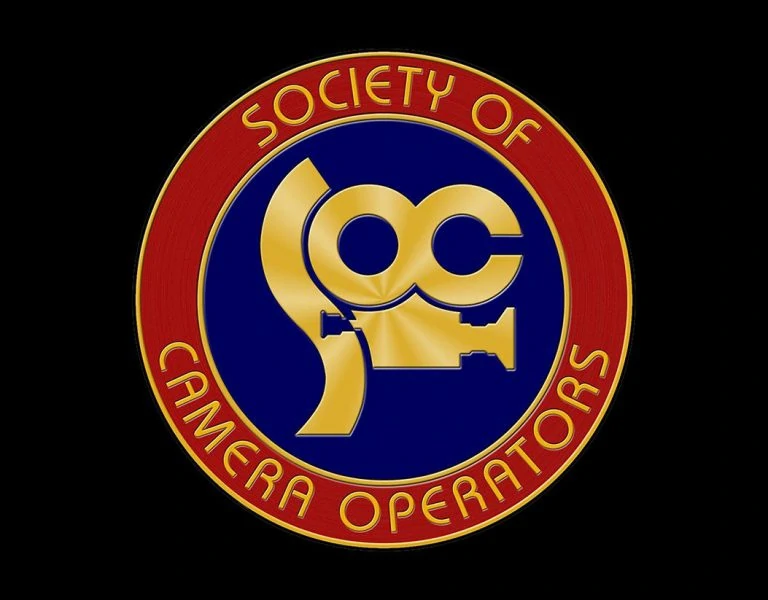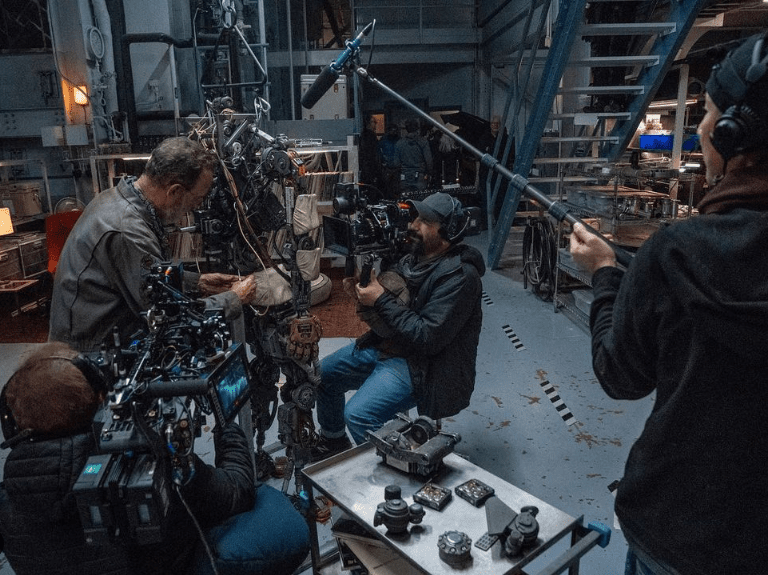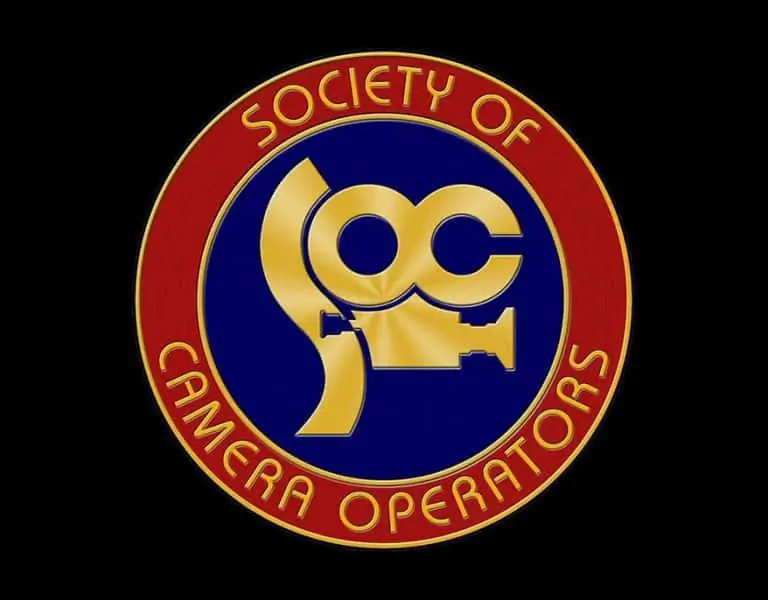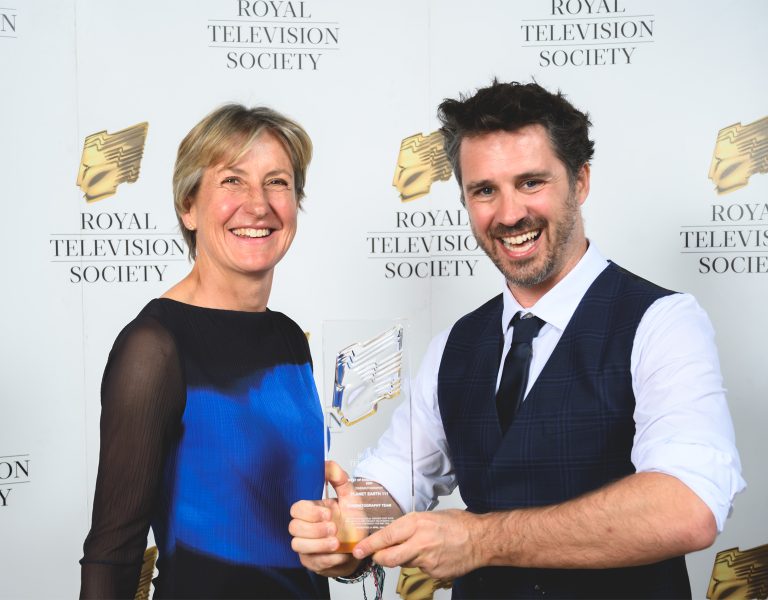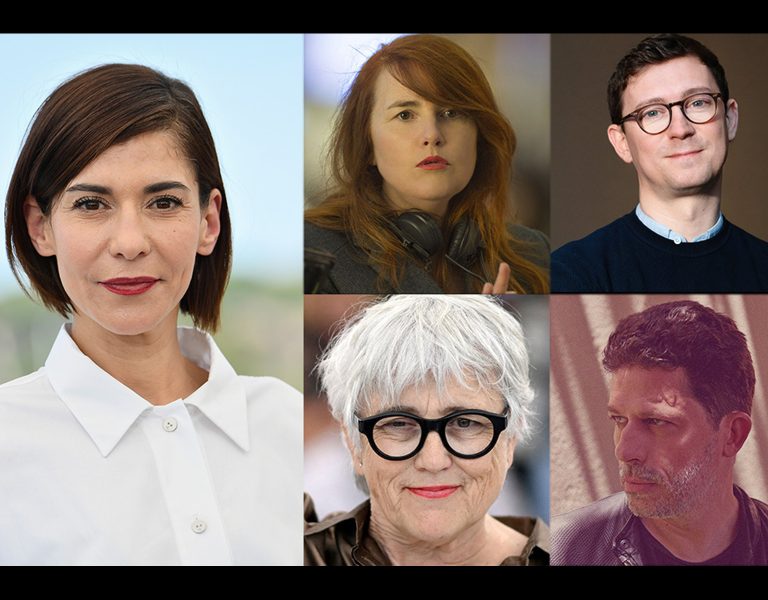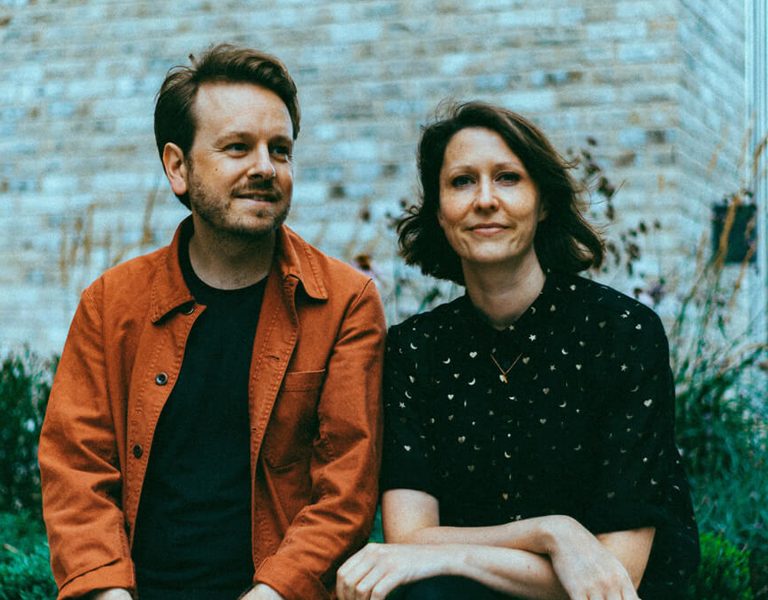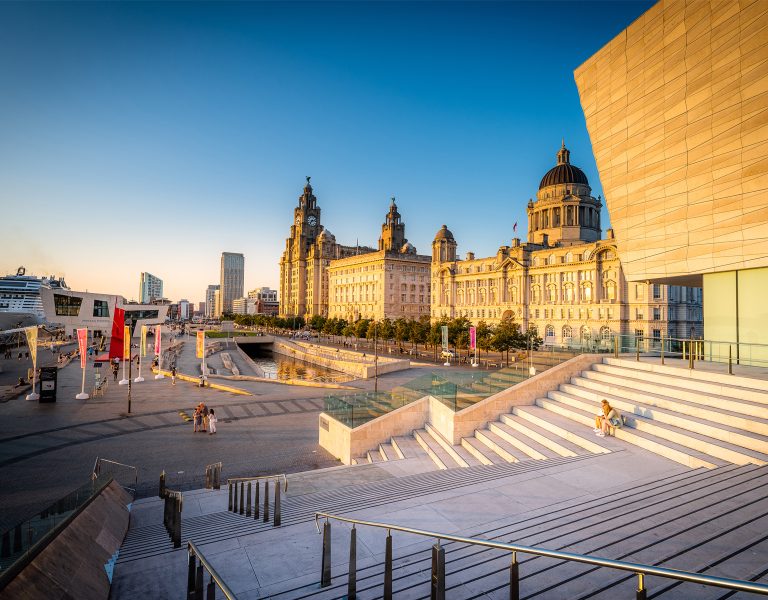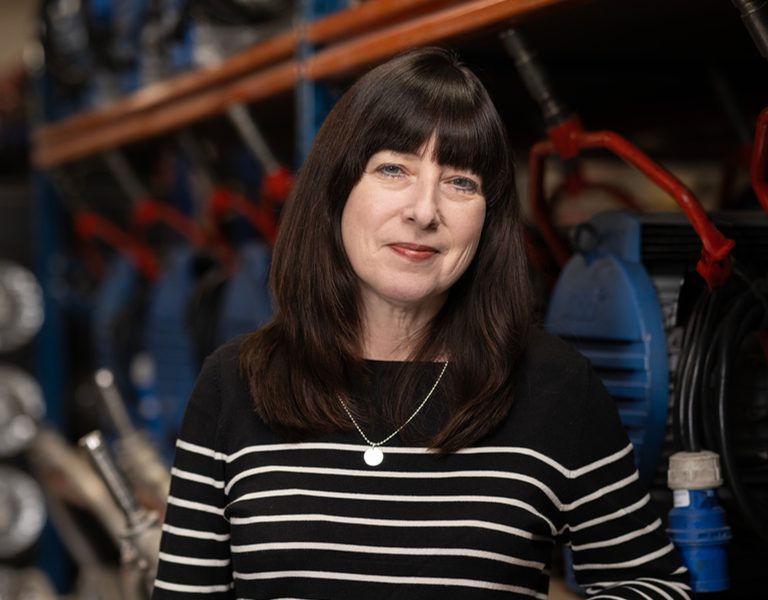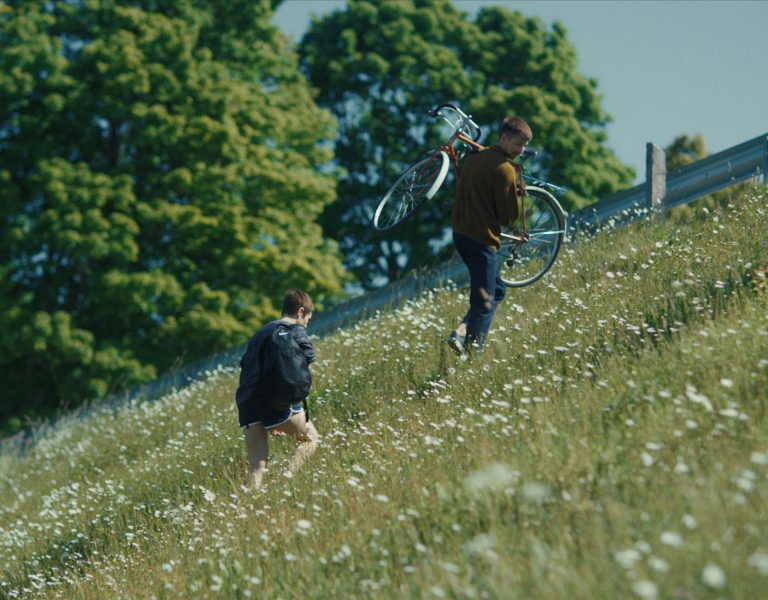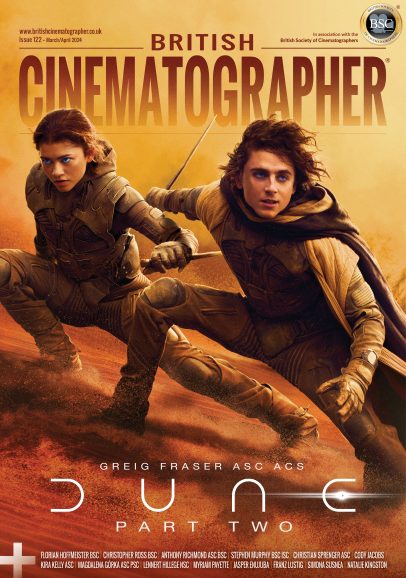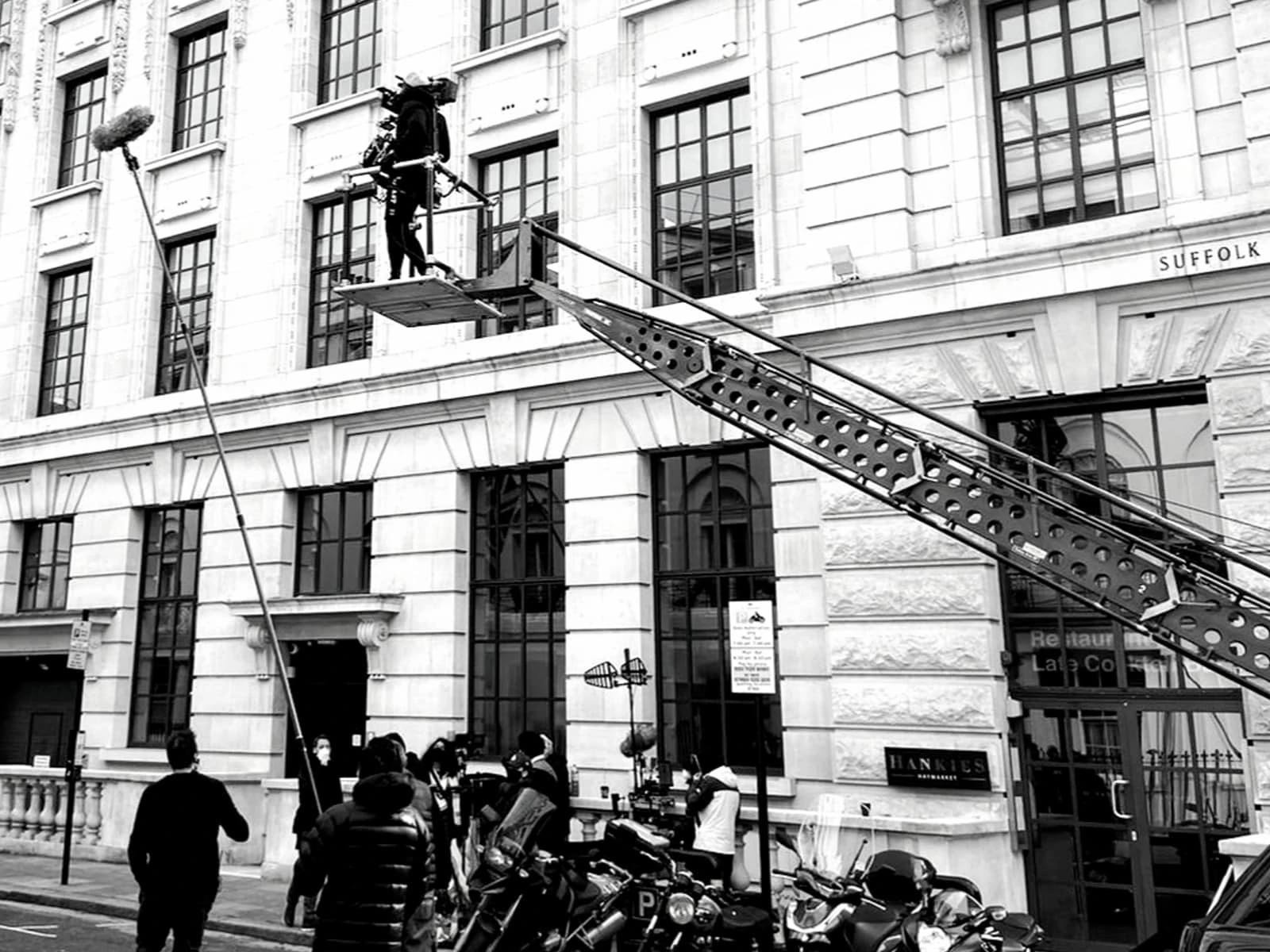
Mel Noonan caught up with Junior Agyeman Owusu, a UK camera op/Steadicam operator and associate member of ACO, who has reached new heights after their interview last year. Noonan spoke to Owusu after completing his first feature film Boxing Day.
What are your feelings, having gone through the experience of shooting your first long form movie as a camera operator and Steadicam operator?
Shooting a film of this level for me at present was challenging in many ways. First, everything is heightened, more scrutinised, more particular and less forgiving. I found this exciting as it helped keep me on my toes whiles being more sensitive to the story.
Shooting a long form film, in comparison to short form music promo or commercial, does require a different mental stamina. You have to lean on your team even more as the demands on you as an operator grow. I spoke to Steadicam operator Peter Robertson after the shoot and he said, “Junior, you will be the victim of your own success: the blessing and the curse.” I didn’t get it at first, but the more I dwelled on this statement, I got it. Each day I nailed a difficult shot, balanced the rig before the 1st AD was able to turn around and ask ‘is camera ready’, etc, the more the expectation on me grew.
On this job, I have had to learn how to let things go and start each day mentally and physically refreshed. Each day I had to bring my A game, regardless of how my previous day was. I couldn’t really live on that as that moment had passed.
Also, like any long form project, my movement as an operator had to be more refined and motivated. Actors had to lead me and I had to follow in a way whereby the camera was silent in its presence. My role was to be discreet, bold and sensitive in telling the story whilst respecting the space and craftsmanship of the talent in front of the lens.
In terms of fitness, I have always been of the mind of being ready, so getting stronger wasn’t necessary. There is always a balance that needs to be struck between staying fit to over doing it, which varies, but it was more about continuing to manage my current fitness regime of Cross Fit and Brazilian Jiujutsu. Staying active and eating right were key in maintaining the necessary energy levels to get through this project.
Overall, it was an amazing experience.
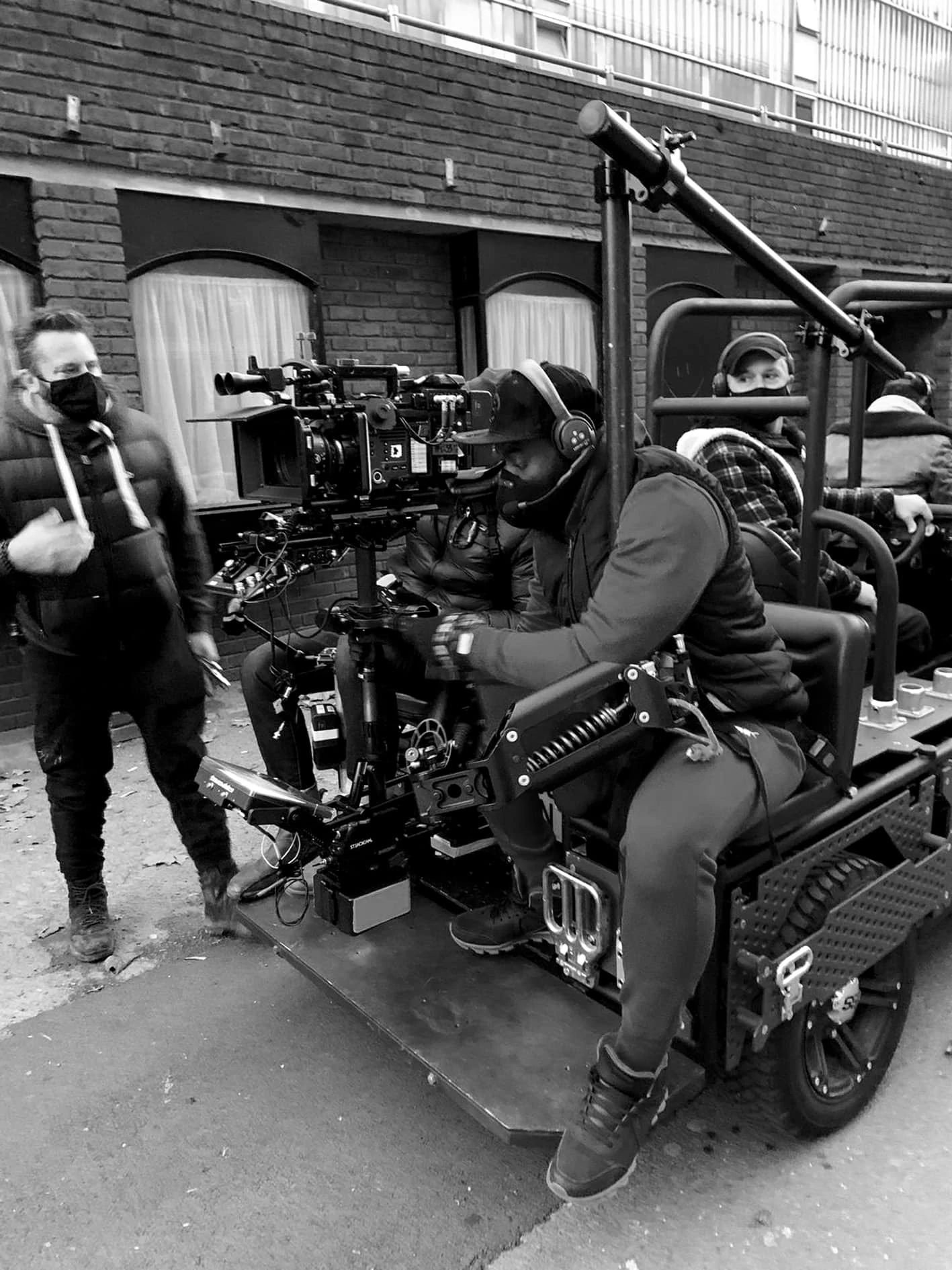
Did you need to travel to locations or were you in studios?
The whole shoot was in various locations in London – houses and hotels, no studio work.
As a camera operator and a Steadicam operator, how much do you think you have added to your skill set just by doing this one movie? You said that you were facing all kinds of shooting mounts – can you talk about this?
I have learned lots. Being thrown in at the deep end with top actors and actresses forces you to pay attention. For me, it helped me manage my situation as I had to appear organised, in control of the camera and in telling the story, whilst being decisive. Even if I’m wrong, I need to be decisive. Being confident not only in my abilities but in my team, allowed me to focus on what was required from me. These are things you just need to figure out. On top of this, I learnt how to present options or change shots to complement my skill sets rather than just doing everything thrown at me. This is vital in managing your situation, staying in control and remaining confident.
Besides this, developing my technical understanding of walking onto a crane with a Steadicam, being hard mounted to an action vehicle, whilst working under pressure, were all positive experiences that have given me confidence in my abilities while deepening my understanding of storytelling.
What elements of your kit did you really appreciate during the course of the movie? Conversely, were there any shortcomings of any of your kit that you thought you will have to change?
My kit was solid. I had thought of that beforehand by making sure I had asked the right questions in prep. My Tiffen Shadow sled is so versatile and was able to comfortably handle any weight that was thrown at it, along with the strength of my Tiffen G–70x arm. This, along with my Transvideo monitors ensured that I had confidence in everything I did. Having the Steadicam Volt was also a major aid in making my life easier and faster by allowing me to perform more consistently. It’s an amazing tool, especially as a lot of shots required a lot of fast reactive movements as well as windy conditions. Horizon and pendulum effect issues have become a thing of the past due to the ability of Volt to correct unwanted movements. My kit held up in every aspect.
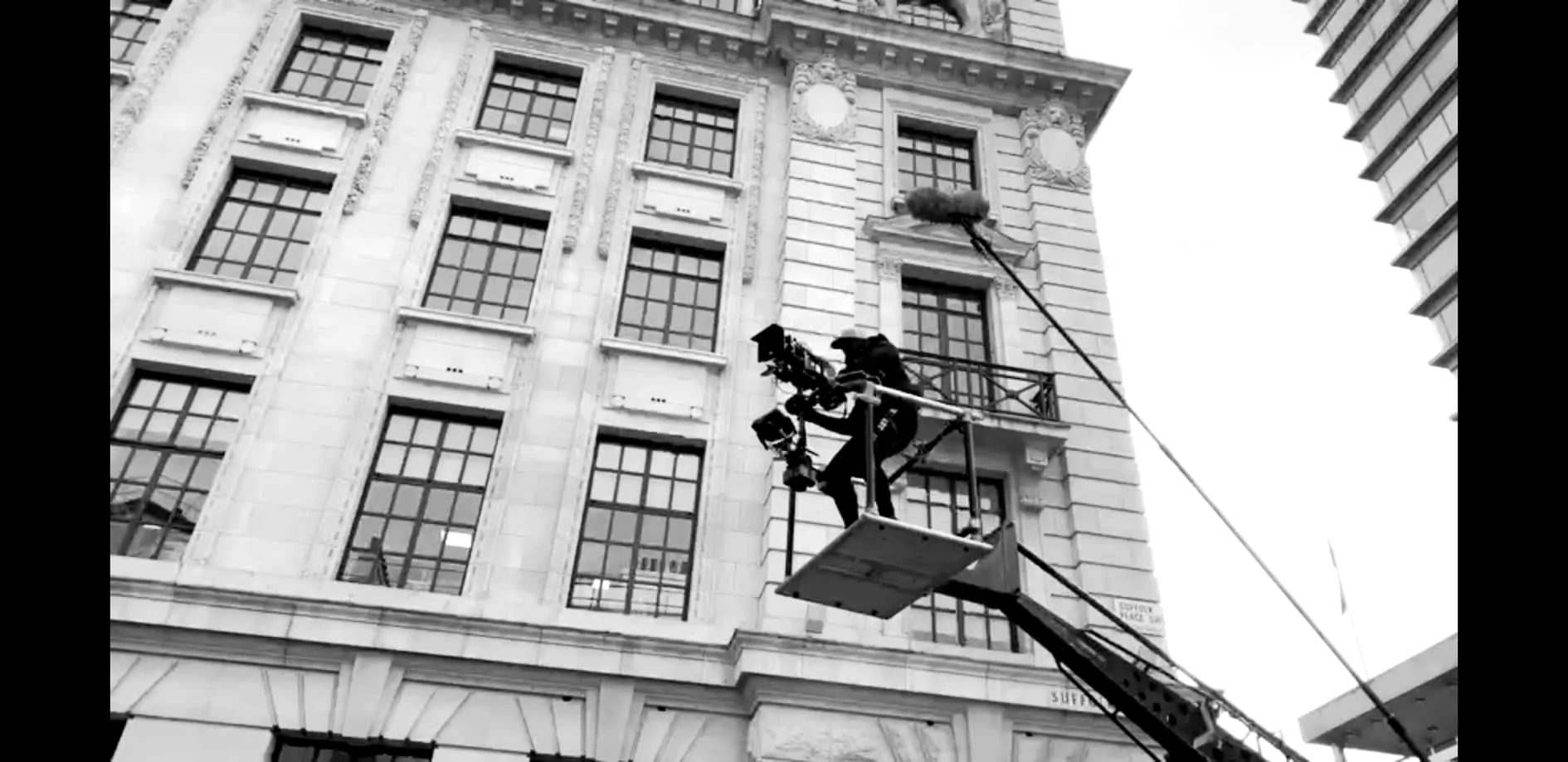
During the shoot, did you develop a working relationship with any of the team? Can you talk a bit about that?
My main relationship, besides the DP, cinematographer David Pimm, was my grip. Honestly, the grip Llewellyn Harrison was my right hand man. He kept me safe, always had my back and helped me maintain a level of coolness throughout the shoot. Without this relationship, I wouldn’t have done half of the shots thrown at me as I had no guarantee that the potential risks were being maintained and constantly analysed while I focused on the dance between camera and the actors.
Did you request Llewelyn or was he chosen by the DP?
He was chosen by the DP and production.
Did he have other duties or was he just to help you?
He had many duties but when on Steadicam, I became his main priority.
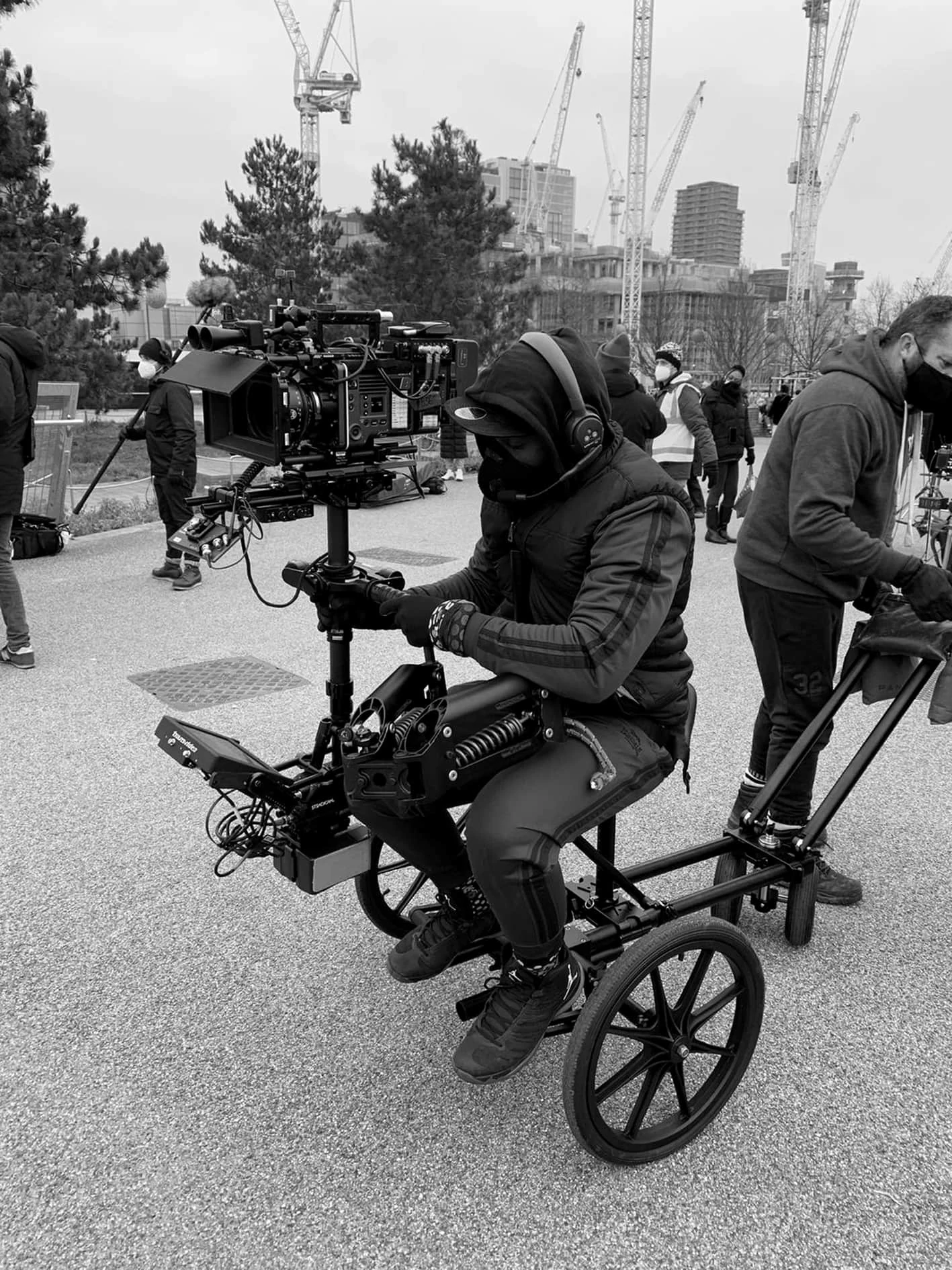
What happened about focus? Did you have a focus puller too?
Yes we did. It’s standard. David Pearce was A camera 1st AC, and Felix Pickles was B cam/Steadicam 1st AC. They were awesome. Nailing focus on difficult shots consistently is such a great skill and gives vital scenes that can’t always be repeated a fighting chance in making the edit.
What was the experience of the first shoot days like? Were you apprehensive before you got going? Did your confidence build as the shooting progressed?
Like most new things, there’s always a level of apprehension. This subsides when you get into the swing of things. Being on the edge helped me focus more actually.
The first 5 days were very demanding. On day 4 we had the walk–on crane shot. I won’t lie, I was terrified. When we did the shot the first time, everybody was so excited to watch the shot unfold. As the platform went up, my legs started to shake and inside I was screaming. My emotions were all over the place but I had confidence in my kit, my team and I knew I was safe. Everyone expected me to perform so I had to bring it all together. When I reached the top height, 25ft in the air, the emotions subsided, well kind of. That’s it really besides the normal thing on operating for actors and actresses that you watch regularly on TV: surreal.
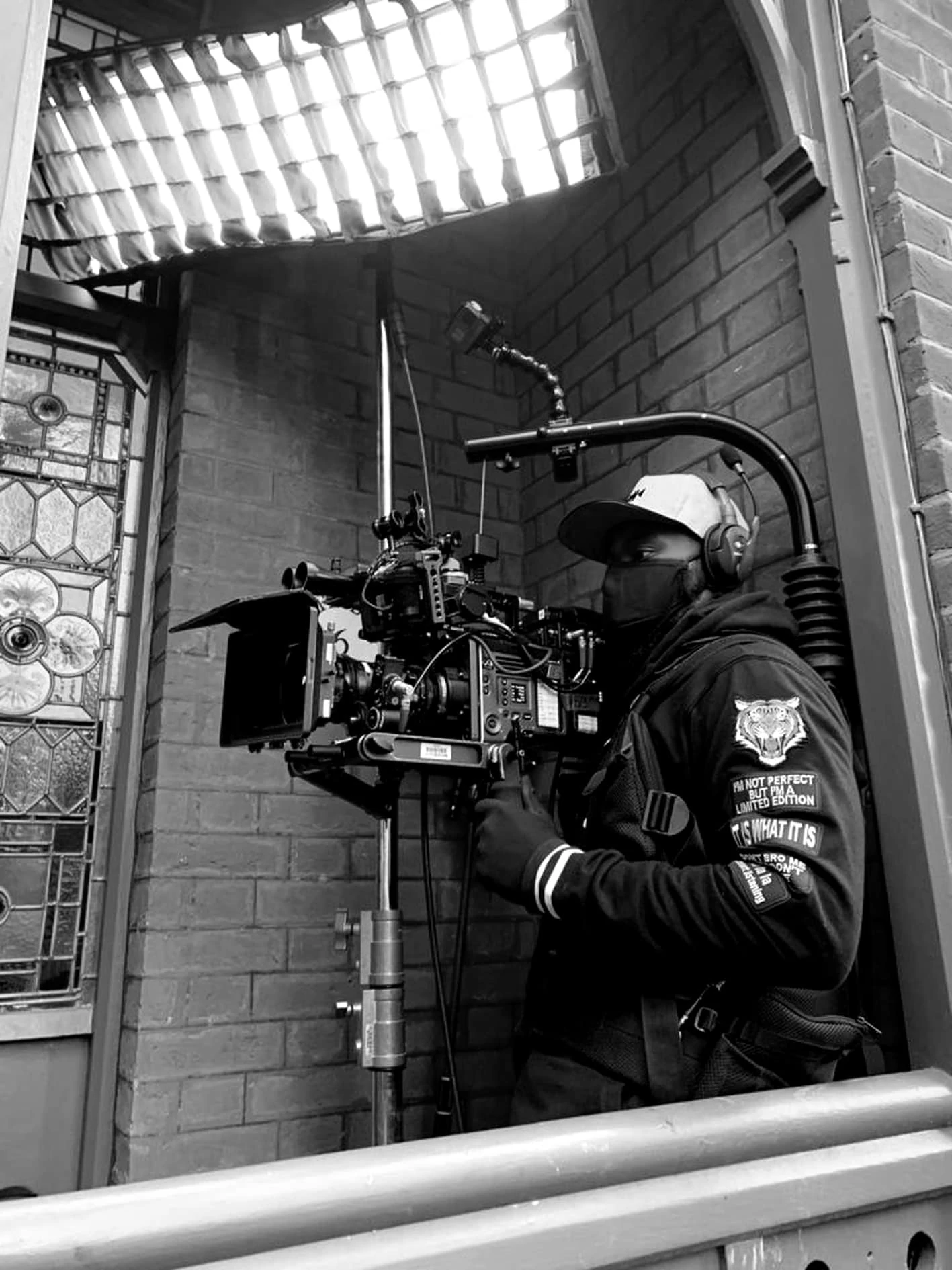
How did you feel on the wrap day?
Sad really. The team was so good and genuinely nice people, so I was able to make good relationships. I think the depth of such relationships was strengthened because it was just for a moment. Also, what do I do with myself now? I had spent 6 weeks filming this project, and I just mentally expected it to keep on going. I guess this is just normal. Overall, happy that we had done the impossible to a high standard and that I had come through stronger.
How did it work for lighting? Did you have any responsibility in this setup? I know you had a lot of experience with that from the last interview.
Boohoo. This was a previous life and I respect the craft enough to close my eyes towards it and allow others to do their jobs with the respect it deserves. The only time that I intervened is when it affected my shot in terms of unwanted shadows, framing issues etc. Barring that, I just did my job.
What cameras were you using?
We shot on a Sony Venice.
Has your ambition changed in any way as it was before the shoot to now, after finishing the shoot?
No. my ambition hasn’t changed just intensified. I want to do long form narrative! Since then I have done several TV pilots and smaller feature films.
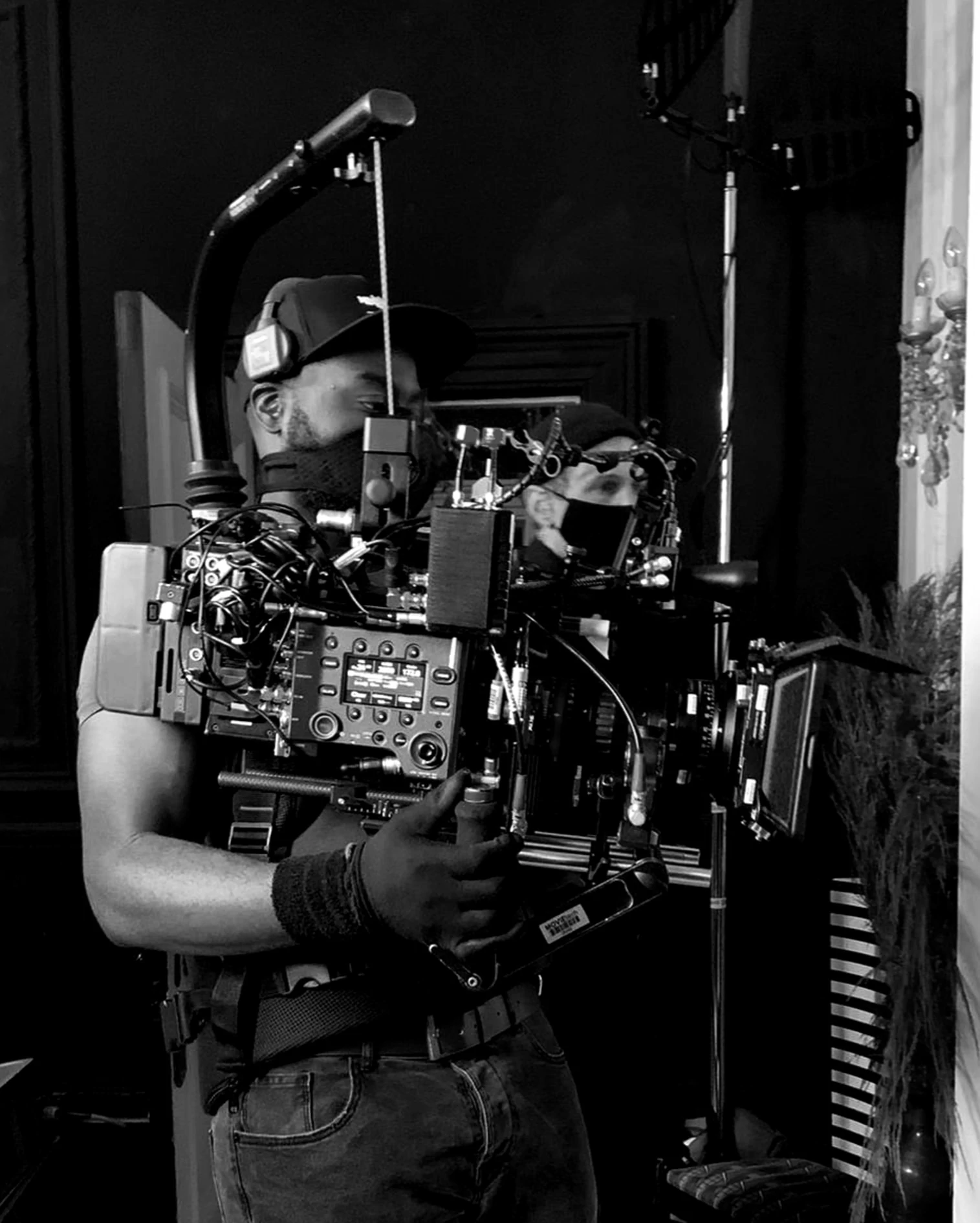
What advice would you give to yourself when you were starting out from where you are now?
Advice is always tricky… I think just get on with it. The disease of over thinking, making mistakes or public scrutiny prohibits a lot of people in achieving. Also I would say submerge yourself into understanding your craft. The more you are one with what you do, the more you can give. This is vital.
And lastly, smile. If you can’t find happiness in the way you express yourself, then find something that does. Life and opportunities are limited but expressing yourself right makes you limitless.

